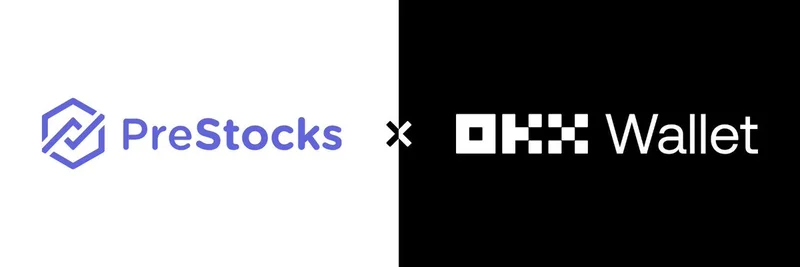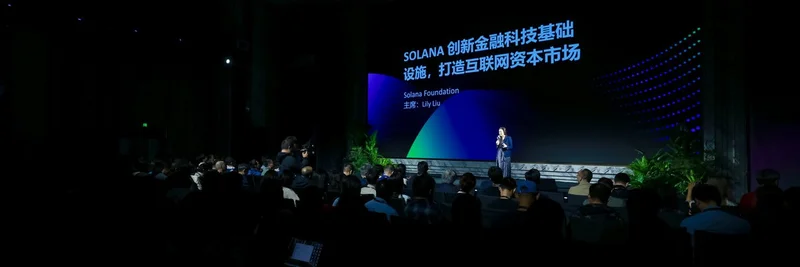In the wild world of meme tokens, where trades happen at lightning speed and anonymity can make or break a play, understanding privacy tech is key. That's why a recent clip shared by Mert Mumtaz, CEO of Helius Labs, is making waves. Pulled from his appearance on Messari Research's Fully Diluted podcast, the analogy simplifies the difference between basic obfuscation and real encryption in crypto.
Check out the original tweet here.
Mert puts it like this:
mixer systems are like that game where you have 3 cups and 1 ball, and you move the cups around to confuse the viewer
zcash is like if you made the ball vanish entirely with a magic trick
obfuscation is better than nothing, but it's not encryption
Simple, right? But let's unpack it for those new to the space.
What Are Mixer Systems?
Mixer systems, like the infamous Tornado Cash on Ethereum, are tools designed to enhance transaction privacy. They work by pooling funds from multiple users and then redistributing them, making it harder to trace the original source. It's obfuscation—hiding the trail through confusion, much like shuffling those cups in the shell game. If someone watches closely enough or has enough data, they might still figure it out.
These have been popular in DeFi and even among meme token traders looking to mask their moves from snipers or MEV bots (those pesky programs that front-run trades for profit). But as Mert points out, it's not foolproof. Regulatory crackdowns, like the U.S. sanctions on Tornado Cash, highlight the vulnerabilities of relying solely on mixing.
Zcash: The Magic Trick of Crypto Privacy
On the other hand, Zcash takes privacy to another level. It's a cryptocurrency that uses zero-knowledge proofs (specifically zk-SNARKs) to enable fully private transactions. Here, details like sender, receiver, and amount can be completely shielded—it's like making the ball disappear entirely. No one sees the transaction data unless you choose to reveal it.
This isn't just obfuscation; it's proper encryption. Zcash has seen a resurgence lately, as discussed in the podcast, thanks to advancements in zero-knowledge tech and growing demand for true privacy in an increasingly surveilled digital world.
Why This Matters for Meme Token Traders
Meme tokens, often launched on high-speed chains like Solana (where Helius provides top-tier RPCs and APIs), thrive on hype and quick flips. But without strong privacy, traders risk exposure to exploits, doxxing, or unfair advantages from bots. Mert's analogy underscores a shift toward better privacy solutions, potentially integrating ZK proofs or fully homomorphic encryption (FHE) into platforms like Solana's DeFi ecosystem.
In the podcast episode "Helius on Privacy’s Next Wave: Zcash, Solana, & Future of Onchain Markets," Mert joins host Dylan Bane and guest Youssef Haidar to explore these topics deeper. They cover Zcash's comeback, Solana's DeFi growth, and how tech like ZK proofs, FHE, and multi-party computation (MPC) could make privacy user-friendly without sacrificing speed.
For meme insiders, this means exciting possibilities: imagine trading your favorite dog-themed token without worrying about transaction leaks. As regulation evolves and innovation catches up, privacy could become a standard feature, leveling the playing field.
The Bigger Picture in Blockchain Privacy
Mert's point is clear—obfuscation via mixers is a step up from transparent ledgers, but true encryption like Zcash offers is the gold standard. With Solana pushing boundaries in trading infra and perps, integrating such privacy could supercharge the meme token scene.
If you're building or trading on Solana, keep an eye on Helius—they're at the forefront of this. For the full episode, head over to Messari Research.
What do you think—will Zcash-style privacy become the norm for meme tokens? Drop your thoughts in the comments!


